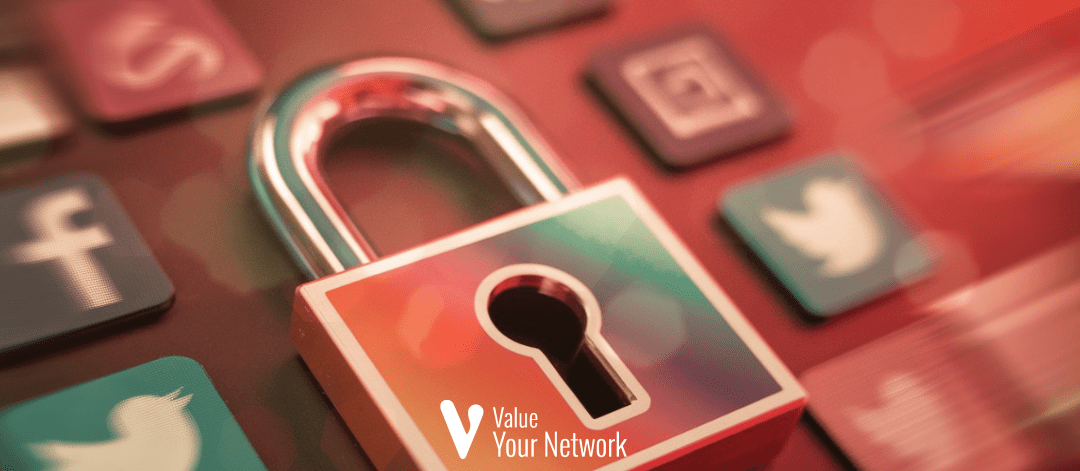Learn how to protect your personal data on the social networks with these 10 essential tips. Secure your privacy and avoid unpleasant surprises.
Social networks are omnipresent in our lives. Yet their use is not without risks: from massive data collection by the platforms to threats from other users, your privacy is constantly at risk. Why is it so important to protect your data? Because everything you share online can be used against you, whether it's for scams, fraud or other purposes. harassment or even theft. Here are 10 tips for using your social networks securely.
Configure privacy settings
Did you know that most social networks offer options to limit access to your information? Make your profile private, categorize your contacts, and customize who can see your posts. Another essential tip: disable search engine indexing to prevent your profile from appearing in public results.
Think before you post
Every photo or status you share can reveal more than you think. For example, a simple vacation photo can indicate that your home is unoccupied. Before you post, always ask yourself this question: “Am I ready for this information to be used by strangers?”
Use strong and unique passwords
A strong password is your first line of defense. Choose unique passwords for each account, containing letters, numbers, and special characters. Also consider enabling two-factor authentication for added security.
Delete unused accounts
Old accounts on networks that you no longer use are easy targets for hackers. Clean up regularly: delete unused accounts and revoke access to third-party applications.
Avoid scams and suspicious links
Social media is full of traps, especially in the form of fraudulent links or quizzes that collect your data. Never click on dubious links, even if a friend shares them.
Secure your connection
When using a public network, consider connecting through a VPN mobile To prevent your data from being intercepted, remember to always log out after each session on a shared device.
Educating relatives and children
More young people Younger people are particularly vulnerable. Explain to them the importance of confidentiality and the risks associated with disclosing personal data. Similarly, raise awareness among adults who are less familiar with technology.
Limit connections and check contacts
On social media, not all profiles are what they seem. Only accept friend requests from people you actually know. And don't hesitate to block suspicious profiles.
Anticipating the consequences of publications
Every post can have unexpected repercussions. Always check that what you share complies with the law, respects others, and does not invade your own privacy.
Protect your data using external tools
Password managers and VPNs are just a few examples of tools that can greatly enhance your online security. Investing in these technologies is a small price to pay for great peace of mind.
And you, what tips do you use to protect your data on social networks? Share your ideas in the comments!

